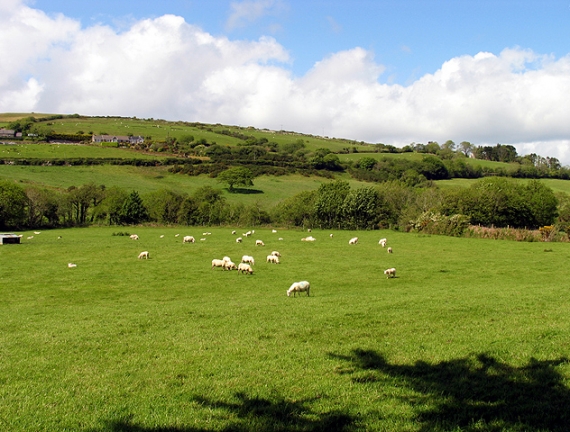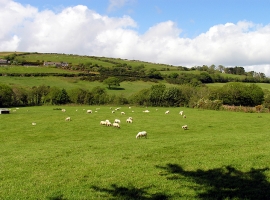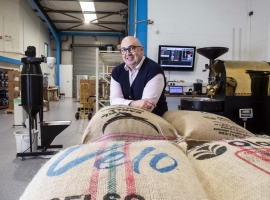
Food Drink Ireland (FDI), the Ibec group that represents the food industry, today said the full implementation of the December Brexit deal was vital to protect complex all-island supply chains.
The group says the deal now needs to be put into a binding legal contract and that there can be no black-sliding on clearly agreed commitments.
At the launch of a new report ‘Brexit: the challenge for Prepared Consumer Foods’ , which sets out the priorities of prepared consumer food companies in the next phase of negotiations, FDI said it was increasingly concerned at the direction of the UK political debate. They say the likelihood of a divisive, damaging divorce has increased, with the ruling out of a future EU-UK customs union.
A new survey of PCF companies highlighted the following key issues of concern:
Difficulty in sustaining existing low margin business in UK market
Negative impact of a further weakening of sterling and possible tariffs
Supply chain cost increases as a result of a UK exit from the customs union
Uncertainty leading to deferral of investment in innovation and plant and equipment
Commenting on the issue, FDI Director of Prepared Consumer Foods, Kevin McPartlan said, "If the UK insists on leaving a customs union with the EU it will result in a significant disruption to trade. While the December deal should protect all-island supply chains, new barriers to east-west trade with Britain would be a major blow to the Irish food industry. Prepared consumer food (PCF) companies are particularly exposed. The gross output of the Irish PCF sector is €4.5 billion, and €2.5 billion of that is exported. 65% of all PCF exports are to the UK."
He added, "Prepared consumer food companies are the life-blood of the Irish economy. They directly employ over 20,000 people and support the employment of many thousands more across the entire country, in small and medium enterprises as well as major multinationals. They depend on cross border supply chains and infrastructure, are prone to currency variation, rely on access to the UK market and need common regulatory regimes more than any other sector of the economy."
Source: www.businessworld.ie

















